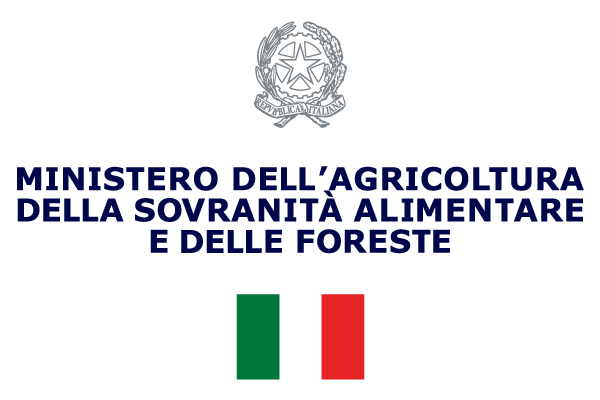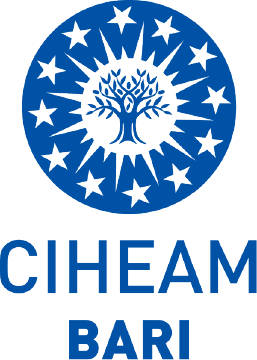Rodale Institute’s mission has always been to increase the number of organic farmers and acres under organic care. The research is at the foundation of that effort. Through rigorous scientific examination, the Institute is deepening the understanding of how and why organic methods work and we’re gathering knowledge about the best practices that we can share with farmers. Research informs all of our other efforts, from our workshops and webinars to our nationwide network of consultants to our advocacy for public policies that support the expansion of the organic community.
The Farming Systems Trial (FST) is one of Rodale’s most significant research projects. In fact, with FST’s now 40 years of accumulated data and findings, it is fair to say that it is the most consequential study of organic agriculture anywhere.
Its value comes from its real-world context. FST research takes place in the field, using the common practices of both organic and conventional farmers. As those strategies have evolved over the last 40 years, so has the FST. Today, the conventional research plots are planted with the latest GMO seeds that have come to dominate industrial-scale agriculture, and they are treated with herbicides recommended to farmers in our region. As you’ll see in this report, the results show that those practices cause damage to our soils and inhibit their long-term viability. Meanwhile, the soil in the organic plots is growing healthier year by year, the costs are lower, and the crops’ net returns are higher.
The Institute refers to the Farming Systems Trial as one research project, but in fact it is producing several distinct but interconnected streams of valuable information. As you turn the pages of this report, you’ll see what we’re learning about fertility, soil biodiversity, weed management, water quality, comparative yields, economic impact, and more.
Each is meaningful on its own; together this information is producing a clear picture of the power of organic systems to support the health of the land, people, communities, and the planet.
The Institute is taking a moment now to celebrate four decades of discoveries, but the research continues to dig deeper and grow in new directions. In 2015, Rodale launched the Vegetable Systems Trial to track the degradation of soil, and the impact that it has on human health, by comparing the nutrient density of organic and conventional produce. Rodale Industrial Hemp Trial is investigating the potential of grain and fiber hemp as a rotational crop in organic systems, specifically researching its impact on soil health. The Institute has also joined with other scientists to study the effects of agricultural practices on the local watershed. At our regional resource centers in the South, Midwest, West, and Europe, researchers are building on the knowledge gleaned from the FST to help farmers to apply it in their conditions.
While this report looks back at the last 40 years, Rodale attention is on the future. Ahead the Institute sees regenerative organic agriculture as the solution to many environmental, economic, and social problems facing the world. The Farming Systems Trial will be a guide to sustainable food production that benefits all of us, and this report documents why.






